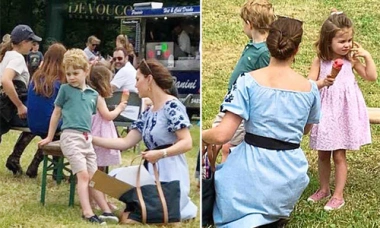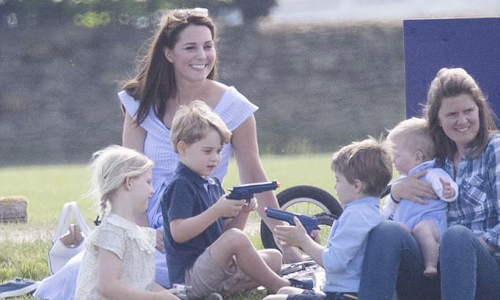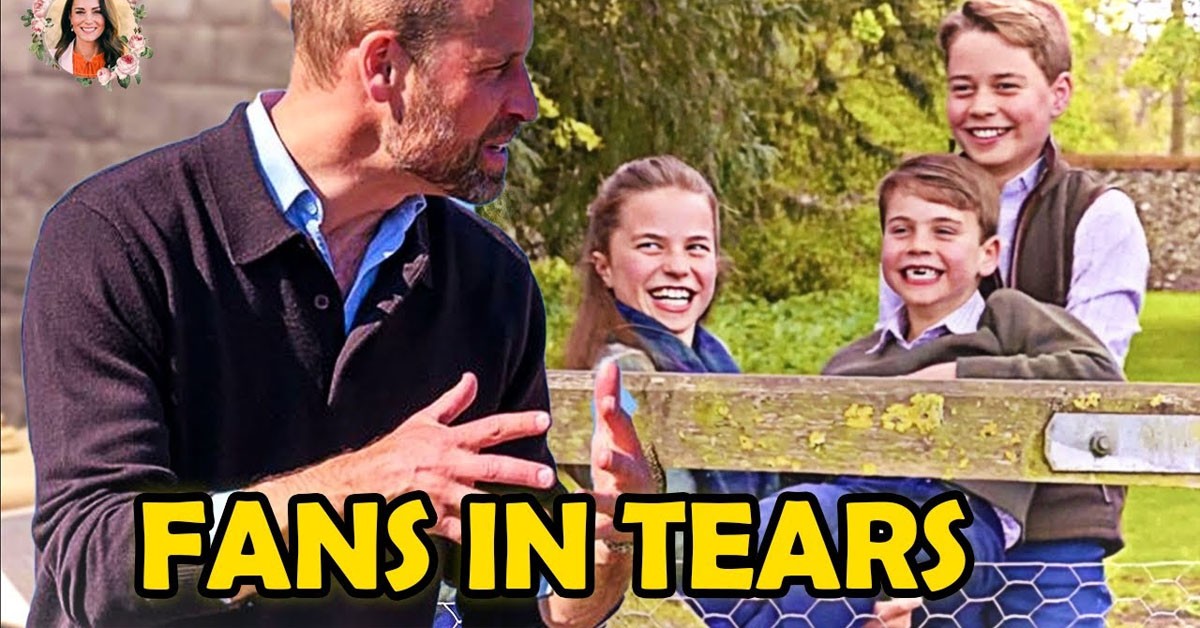
Prince William has made it clear that he is “pretty open” about wanting to instigate change within the monarchy. This sentiment resonates deeply as he reflects on the pressures and expectations that come with royal life. He aims to create a family environment that prioritizes kindness, purpose, and emotional intelligence over rigid traditions. This approach not only reflects a shift in royal attitudes but also aligns with contemporary values that many families hold dear today.
One of the standout themes from William's interview is his commitment to raising emotionally aware children. He emphasizes the importance of teaching George, Charlotte, and Louis about compassion and the impact of their actions on others. “I want my kids to feel proud of what we do — and truly understand it makes a difference,” he stated, underscoring the significance of instilling a sense of responsibility and empathy in the next generation of royals. This focus on emotional intelligence is a refreshing departure from the past, where royal upbringing often emphasized duty over personal connection.
William’s vision for his family life is marked by a desire to move away from the “stiff formality” that has historically characterized the royal family. Instead, he advocates for fostering real connections and a sense of normalcy in their lives. By prioritizing balance and authenticity, the Duke and Duchess of Cambridge are setting a new tone for royal parenting—one that embraces vulnerability and openness. This shift is particularly significant in light of the challenges the family has faced, including health issues affecting Kate Middleton, which have brought the importance of mental health and well-being to the forefront.
The past year has not been easy for the royal family, with various health hurdles impacting their dynamic. William’s reflections on these experiences add a layer of depth to his vision for his children. The challenges they have faced have made the importance of support and understanding all the more apparent. By sharing these insights, William is not only humanizing the royal family but also encouraging a broader conversation about mental health and family dynamics in the public sphere.
As Prince William articulates his hopes for his children and the monarchy, it feels like a new chapter is unfolding. His commitment to a more relatable and compassionate royal family is a hopeful sign for the future. By embracing a modern approach to parenting and leadership, William and Kate are positioning themselves as relatable figures in a rapidly changing world. This evolution in royal family dynamics is likely to resonate with many, fostering a sense of connection between the monarchy and the public.



